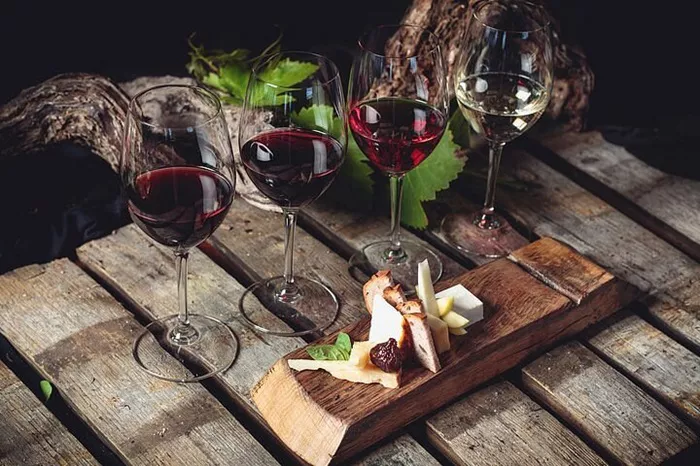Global wine conglomerate Vinarchy will shutter two prominent cellar doors in South Australia as part of a strategic consolidation of its operations. The company has announced the closure of Banrock Station in the Riverland region and the Rolf Binder cellar door near Tanunda in the Barossa Valley, with both sites expected to cease public service by the end of June.
The decision follows the recent merger of international wine giants Accolade Wines and Pernod Ricard Wines, which created Vinarchy—positioning itself as a leader in global winemaking through promises of innovation and streamlined operations.
While the closures mark a significant shift for the wine tourism landscape, Vinarchy has committed to supporting employees at the affected sites. Chief Supply Officer Joe Russo stated that staff will be offered redeployment opportunities at other local locations where possible, or provided with redundancy and outplacement assistance as needed.
Despite the public closures, vineyard and viticulture operations will continue at both Banrock Station and Rolf Binder, with no changes to those teams.
As part of its broader strategic transformation, Vinarchy has invested $70 million into its Berri Estates facility—already the largest winery in the Southern Hemisphere—to establish it as the company’s primary site for commercial winemaking, packaging, and warehousing. Additional restructuring will see winemaking operations from St Hallett in the Barossa and Hardy’s Tintara in McLaren Vale relocated to Vinarchy’s Rowland Flat site by the 2026–27 vintage, a move projected to cost $30 million.
“These important changes represent Vinarchy’s commitment to building a stronger winemaking footprint in South Australia,” Russo said.
Vinarchy currently produces over 32 million cases of wine annually, generating more than $1.5 billion in net sales revenue.
Environmental Legacy in Question
The closure of Banrock Station’s public-facing operations has prompted concern from environmental advocates and tourism stakeholders, who question the long-term implications for the region’s ecology and economy.
Banrock Station is internationally recognised for its Ramsar-listed wetlands, which have drawn eco-tourists and conservationists from around the world. The wetlands, designated in 2002 under the Ramsar Convention, are protected due to their ecological significance and biodiversity value.
Tony Sharley, who helped establish Banrock Station and spearheaded the wetland conservation efforts before leaving in 2009, expressed disappointment at the closure.
“It was quite clever in the way it brought wine lovers to nature, and nature lovers to wine,” Sharley said. “It was a fantastic marriage—courageous for its time.”
The original concept, initiated by former owner Hardy Wines, integrated environmental stewardship with wine tourism—a model that inspired similar projects globally.
In response to environmental concerns, a Vinarchy spokesperson confirmed the company will uphold its obligations under the Ramsar Convention, including water management protocols for the wetlands, and will continue engaging with conservation and tourism stakeholders.
Regional Impact and Political Response
The decision has also sparked criticism from local leaders. Member for Chaffey Tim Whetstone described the closure of Banrock Station’s cellar door as a “day of reckoning” for the Riverland.
“Banrock has been a flagship for environmental tourism and viticulture in the region,” Whetstone said. “Its closure raises serious concerns about the future of eco-tourism and the broader economic implications for the Riverland.”
Whetstone warned that the loss of such a unique and diverse operation comes at a time when the Riverland wine industry is already struggling with adverse seasonal conditions and a global wine oversupply.
“I would’ve thought the Banrock brand and facility would have played a critical role in supporting a very ailing industry,” he added.
As Vinarchy moves forward with its consolidation strategy, questions remain over the long-term impacts of its operational changes—not only for its workforce and business interests but also for South Australia’s wine tourism and environmental heritage.
You Might Be Interested In:


